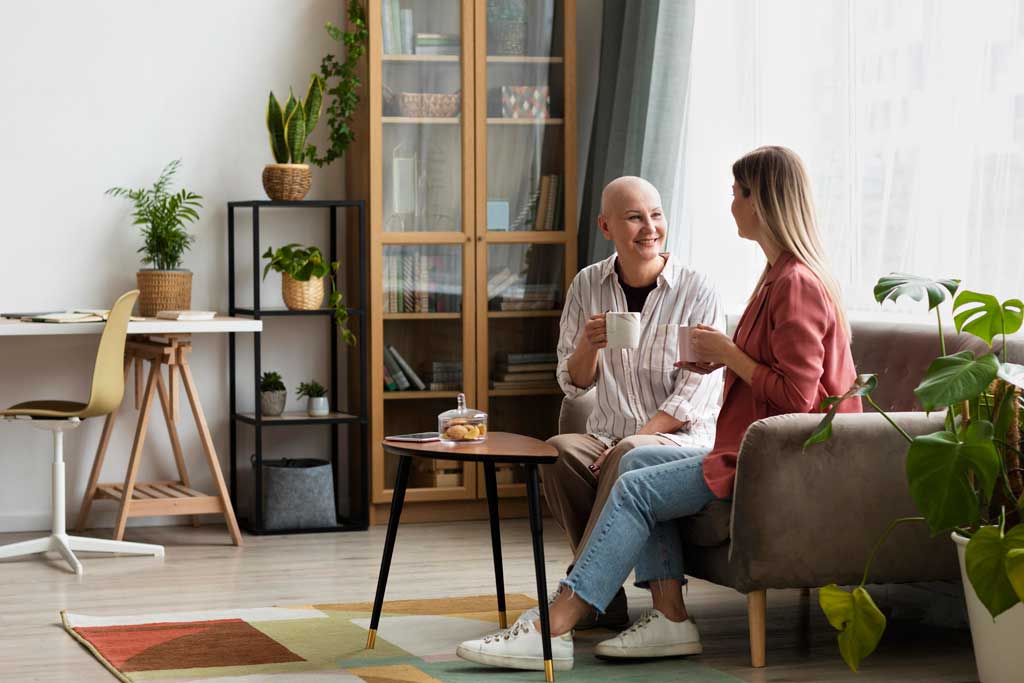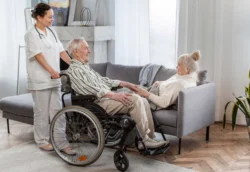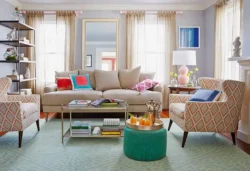Independence is one of the most important aspects of maintaining a person’s dignity and happiness as they age. Modern care homes have evolved significantly from the traditional perception of institutionalized living. Today, they’re vibrant communities designed to empower residents to make choices, maintain routines, and enjoy a strong sense of purpose while still receiving the care they need.
A Shift in Care Philosophy
In the past, many care environments focused heavily on safety and supervision, sometimes at the expense of personal freedom. Modern care homes, however, now take a person-centered approach. This means residents are encouraged to live as independently as possible, with staff offering support that enhances rather than replaces their abilities.
From flexible meal times to choosing daily activities, residents are treated as active participants in shaping their day-to-day experiences. This philosophy not only helps preserve autonomy but also promotes mental wellbeing and self-confidence.
Thoughtful Design That Promotes Autonomy
The physical design of contemporary care homes plays a major role in encouraging independence. Many facilities incorporate accessible architecture, smart technology, and adaptable spaces that support mobility and comfort.
Features such as handrails, level flooring, wider doorways, and easy-to-navigate layouts allow residents to move about freely and safely. Technology is also transforming these environments—motion sensors, voice-activated devices, and discreet monitoring systems enable residents to stay connected and secure without constant supervision.
For example, a care home in Bristol like Argentum Lodge reflects this thoughtful design by creating a welcoming, homely space where residents can enjoy independence within a safe and supportive setting.
Empowerment Through Meaningful Activities
Engagement is another cornerstone of independence. Modern care homes prioritize offering meaningful activities that match each resident’s interests, abilities, and aspirations. Whether it’s gardening, art, music therapy, or community volunteering, these activities foster a sense of purpose and belonging.
Residents are encouraged to make decisions about how they spend their time, whether they prefer quiet reflection or group participation. By giving people control over their daily routines, care homes help maintain a feeling of self-determination and identity, which is vital for emotional wellbeing.
Nutrition and Lifestyle Choices
Independence also extends to lifestyle preferences. Modern care homes now recognize the importance of allowing residents to make their own choices regarding diet and exercise. Flexible dining options, personal menu selections, and opportunities for residents to be involved in meal planning contribute to this autonomy.
Additionally, wellness programs, such as yoga, walking clubs, and light exercise sessions, are increasingly integrated into care routines. These activities support both physical health and emotional resilience—helping residents maintain strength, balance, and confidence.
Personalized Support Instead of One-Size-Fits-All
Every individual’s needs are different, and today’s care homes focus on tailored care plans that balance assistance with independence. The goal is not to take over daily tasks but to help residents perform them safely. For example, staff might support someone with dressing by laying out clothing rather than dressing them entirely, encouraging participation while ensuring comfort and safety.
This personalized approach helps residents feel valued and capable, while also promoting dignity and self-respect.
Encouraging Social Connections
Independence does not mean isolation. In fact, one of the key ways care homes nurture autonomy is through social interaction. Shared spaces, communal dining areas, and planned events allow residents to engage with others, fostering friendship and community spirit.
Maintaining these social bonds is crucial for emotional health, as it reminds residents that they’re part of a vibrant community rather than just recipients of care.
Supporting Families and Continuity of Choice
Modern care homes also understand that independence extends beyond residents themselves. Families are encouraged to stay involved in care decisions, ensuring continuity and familiarity. Open communication between staff, residents, and relatives helps maintain trust and respect. These are the foundations for a more fulfilling experience.
This approach also allows residents to transition smoothly into care, without feeling that they’ve lost control over their own lives.
Conclusion
Modern care homes are redefining what it means to age with dignity. By focusing on personal choice, adaptable design, meaningful engagement, and supportive care, they’re creating environments where residents can thrive, physically, emotionally, and socially. Independence isn’t just preserved, it’s celebrated.







